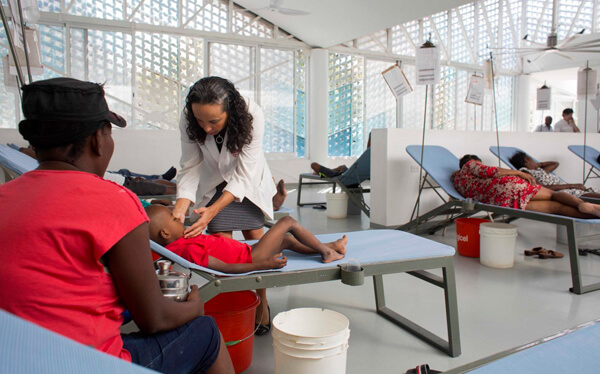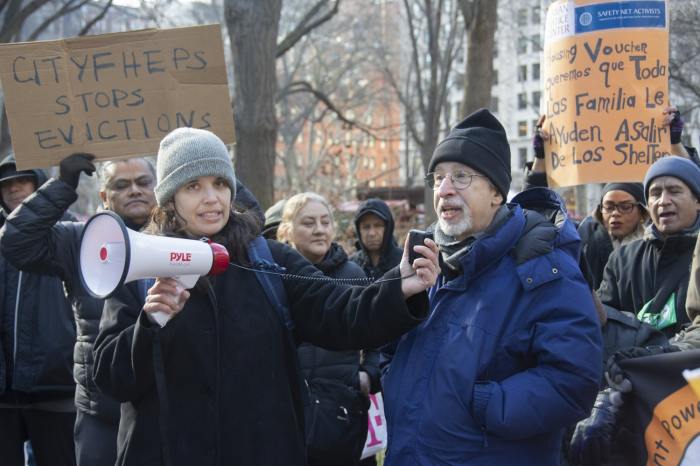Since the first reports of a cholera outbreak in Haiti, the number of deaths and cases have seen an overall improvement since 2010. But last year saw an increase in the number of cholera cases, according to the Haitian Ministry of Health.
In 2016, there was a significant rise in cholera-related cases and deaths in the country, specifically in rural areas more prone to cholera outbreak and lack of access to non-contaminated sources. After hurricane Matthew hit the country in October, there were 2,366 new cases and more than half of those in the southern region hit hard by the tropical storm. In total, there were 39,629 suspected cases and 433 related deaths in 2016, according to the United Nations (UN).
Despite several initiatives to provide health assistance to those infected, environmental issues played a substantial role in the cholera rise, said a justice group.
“It’s still continuing to go down from its peak in 2010 and 2011, but in 2016 it increased compared to 2015 and 2014 because in those years little rain fell and there was a little drought,” said Brian Concannon, executive director of Institute for Justice and Democracy in Haiti (IJDH). “There are other issues but the epidemic is throughout the country and worst in places like the central plateau and the Artibonite region — where it started.”
Concannon said in addition to the drought, there have been other various and complex issues that could have led to an increase in cholera cases, such as the closure of UN clinics, which provided vaccinations, and the lack of funding for their initiative to end cholera, he said.
“A certain number of their clinics have closed, and the measures they implemented have saved hundreds of lives,” he said. “Many have been saved by the medical efforts but the problem it is not enough and never enough. It has decreased steadily since the epidemic and reduce fatalities but money ran out and so did international support.”
The UN is implementing short and long-term initiatives to solve Haiti’s cholera problem. A representative from the organization said immediate improvements to the country’s sanitation infrastructure and water sources are needed, as well as vaccination and treatment availability. But these efforts come with a large price tag — originally the UN budgeted $2.2 million but now it is higher.
“Last year, the Ministry of Health re-evaluated the economic needs with a mid-term review of the National Plan for the Elimination of Cholera 2013-2022 and for the period 2016-2018, with an estimated budget of US$ 182 million,” said Mourad Wahba, UN humanitarian coordinator.
But Wahba reported an advancement.
“Haitian and international efforts have succeeded in reducing the cholera cases and fatalities in Haiti by almost 90 pwecent since the peak in 2011,” he said. “Although it is not enough. One single case is already too many cases.”
The UN has not directly admitted fault for bringing the bacterial disease into Haiti, but did say in 2015 that their peacekeepers — who have been stationed in Haiti since 2003 — may have ‘played a role’ in introducing it to the country. As a result, they launched a billion-dollar campaign to end cholera, and the organization is trying to make amends with their current efforts.


























